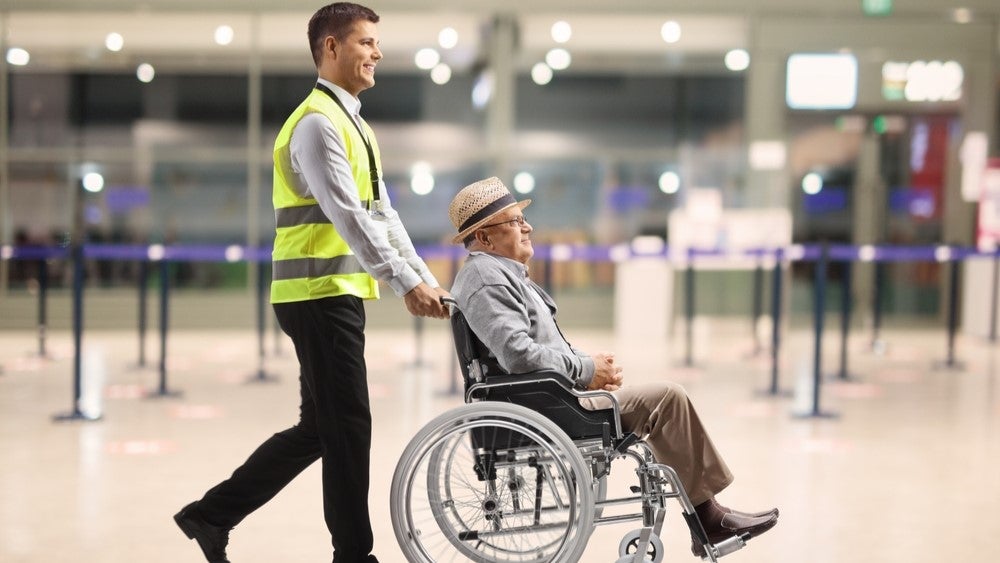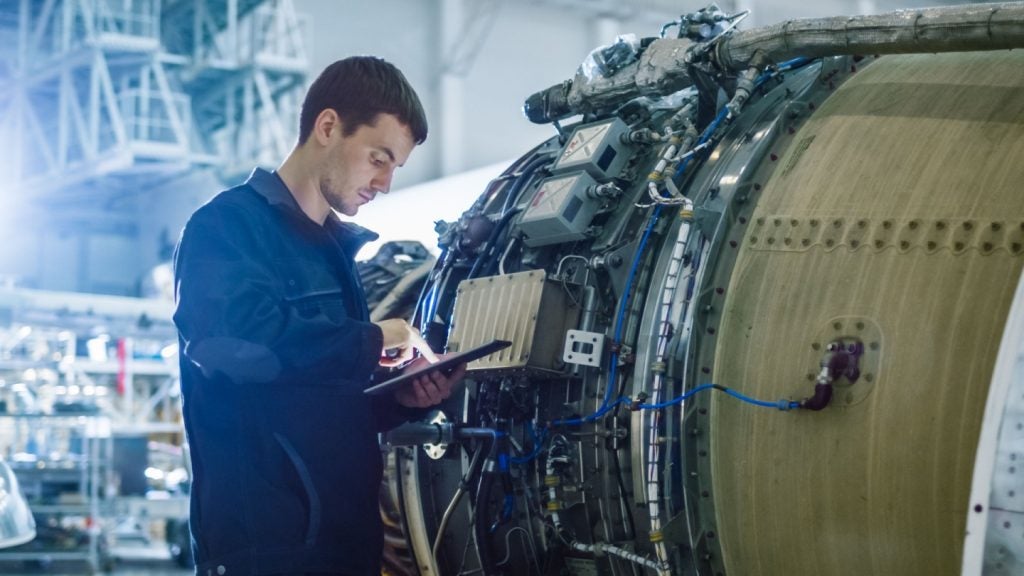
Airport operator AENA, along with Iberia, Inetum, and Thales, is executing a project to find new health measures to help airports fight against Covid-19.
The proposed project will utilise biometrics for identifying passengers with the help of mobile devices.
Such an application considerably reduces physical contact, which further improves the safety of airport procedures.
This initiative is being backed by the CDTI, Spain’s industrial technology development agency, through a research and development cooperation programme.
A limited number of units will be adequate to manage numerous flights as the use of tablets will make the solution flexible and mobile.
Furthermore, the system will hold enhanced detection capabilities, making it possible to recognise commuters even when they wear face masks.
How well do you really know your competitors?
Access the most comprehensive Company Profiles on the market, powered by GlobalData. Save hours of research. Gain competitive edge.

Thank you!
Your download email will arrive shortly
Not ready to buy yet? Download a free sample
We are confident about the unique quality of our Company Profiles. However, we want you to make the most beneficial decision for your business, so we offer a free sample that you can download by submitting the below form
By GlobalDataThe R&D programme, which conforms with the new measures of contactless security, will be assembled around the facial recognition pilot presently running at the Adolfo Suarez Madrid-Barajas Airport.
It will also assist in the development of additional features, which will be joined into a single process using a dedicated application, as well as new security and boarding controls.
To achieve the necessary development and validation under this collaboration, Iberia is providing its airline services and Inetum is integrating the systems.
Thales is offering the identity verification and biometric technology and AENA is responsible for the transitional integration systems between the airline and biometric engine.
Recently, Thales successfully deployed its integrated solutions at the new Bahrain Airport passenger terminal.
The solution, which will cover security, airport operation, communication and infrastructure, was provided under the $1.1bn Airport Modernisation Programme.





